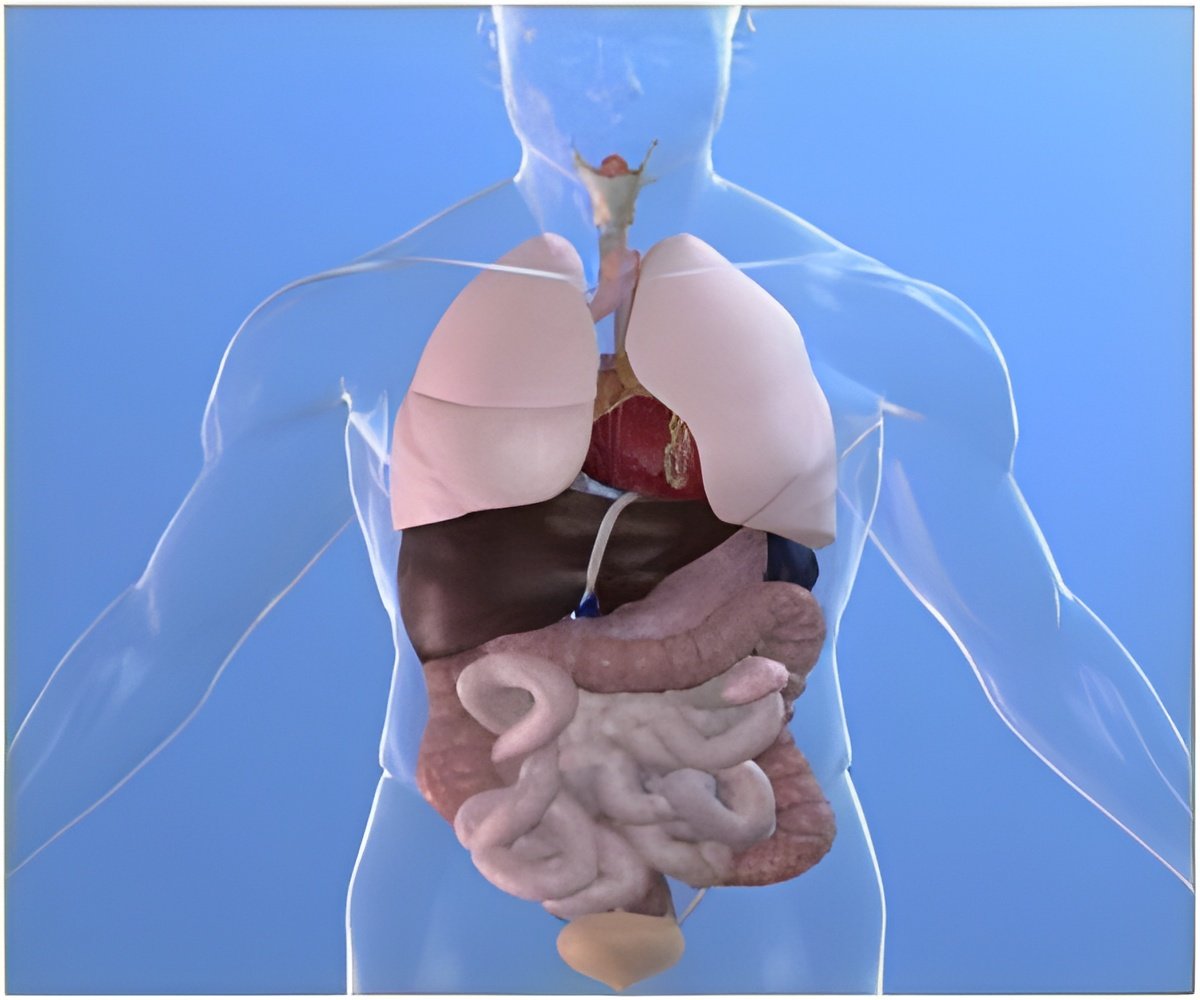Northwestern Medicine physicians were among the first in the U.S. to perform organ removal surgeries through the mouth or vagina - the procedure is being considered the most minimally

By reducing or eliminating the need for incisions, NOTES provides a less invasive surgical option that can reduce pain, recovery time, complications and hernias even further compared to a traditional laparoscopic surgical approach.
"Transvaginal surgery is one of the safest alternatives to traditional laparoscopic surgery because it uses an easily accessible natural orifice that has proven safe for over a century," said Magdy Millad.
Factors contributing to the growing interest in incisonless surgery include the fact that the stomach and GI tract have very few nerves that register pain. In the future, this may allow surgeons to carry out NOTES procedures with the patient under sedation, rather than general anesthesia.
"Surgical standards of practice continue to evolve towards less invasive surgical approaches. It's an evolution from one way of doing things and we think it holds great promise" added Eric Hungness.
The optimal orifice for NOTES has not been determined, yet physicians say transvaginal access is the least complicated to perform. The only approach currently available to male patients is the removal through the mouth. However, transrectal (anus) access has recently been proposed as a potential alternative access route for the procedure in men.
 MEDINDIA
MEDINDIA



 Email
Email




